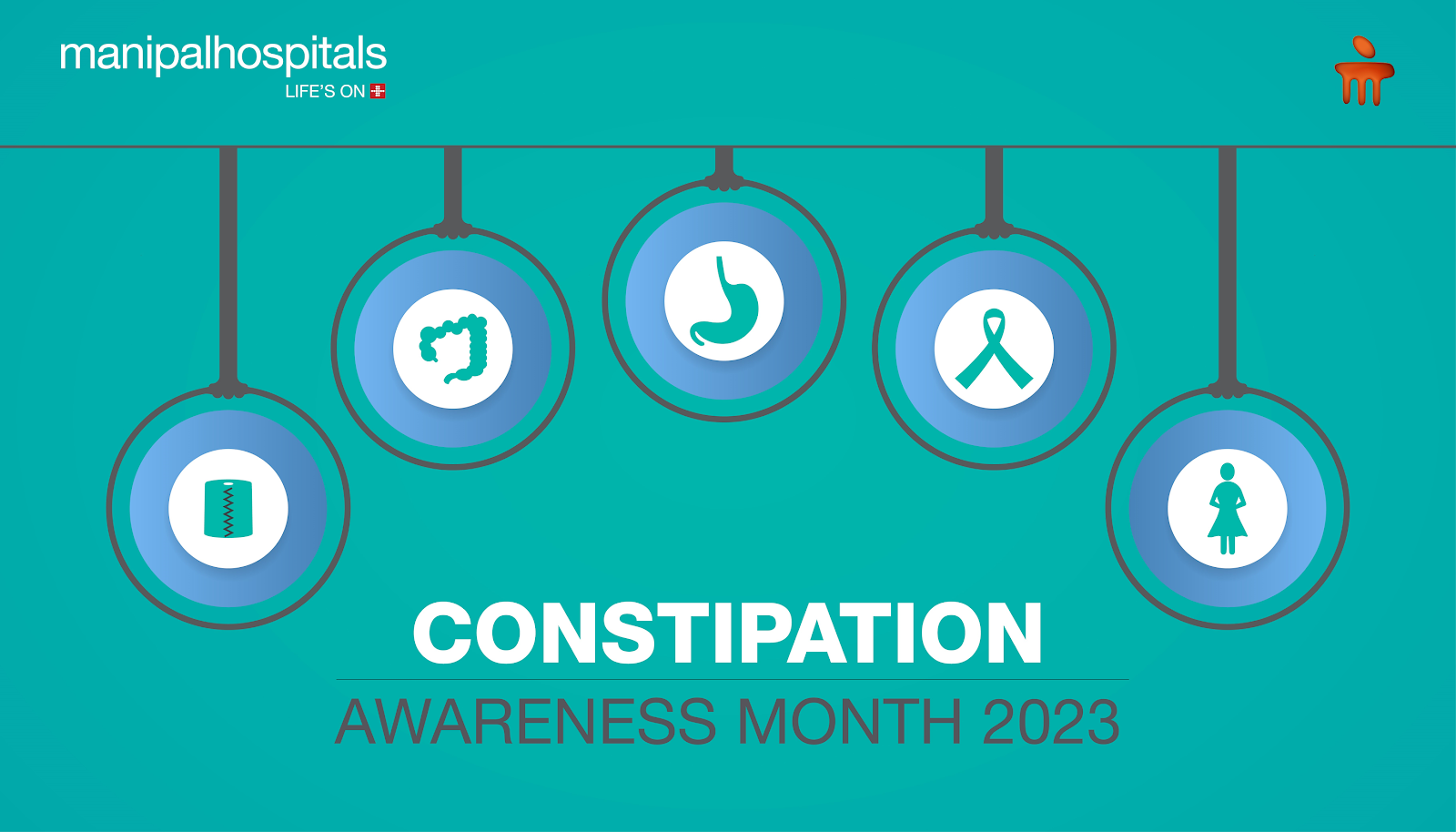
As we embrace the winter season, December not only marks a time for picnics, holidays and festive celebrations but also serves as a poignant reminder of the importance of health and well-being. December is recognised globally as Constipation Awareness Month, dedicated to shedding light on a common yet often overlooked health concern that affects people of all ages. This month-long observance aims to educate individuals about constipation, its potential causes, consequences, and preventive measures to address this common yet often underestimated health concern.
Constipation Awareness Month was initiated to address the widespread prevalence of constipation-related issues globally. It aims to educate and encourage open conversations about digestive health. The purpose is to debunk misconceptions, promote preventive actions, and prompt early intervention in managing constipation-related challenges.
Synopsis
Understanding Constipation
Constipation refers to a condition characterised by infrequent or difficult passage of stools. It can lead to discomfort, bloating, and abdominal pain, impacting one's overall well-being. Factors contributing to constipation include inadequate fibre intake, dehydration, lack of physical activity, certain medications, and underlying medical conditions.

Possible Causes Behind Constipation
Numerous factors contribute to constipation. It happens mostly when the stools become hard or dry and don’t move out from the rectum. There are many reasons for this condition, some of which are mentioned below:
- Dietary Choices: Lack of fibre in the diet can impede the digestive process and cause digestive problems.
- Dehydration: Not consuming enough fluids can lead to hard stools.
- Inactivity: Lack of physical activity can slow down bowel movements.
- Medications: Certain medications may have constipation as a side effect, such as certain painkillers and antidepressants.
- Ignoring the Urge: Ignoring the natural urge to have a bowel movement can contribute to constipation.
- Hormonal imbalance: Some hormonal changes and neurological conditions can also affect our bowel movements.
- Stress: Excessive stress can affect the bodily process and influence bowel movements.
- Medical Condition: Certain medical conditions-irritable bowel syndrome (IBS) or hypothyroidism can lead to constipation.
Awareness of these triggers empowers individuals to make informed choices in preventing and alleviating constipation.
Consequences of Untreated Constipation
Leaving constipation untreated for an extended period may result in complications such as haemorrhoids, anal fissures, rectal prolapse, and faecal impaction. Chronic constipation can also affect one's quality of life, leading to discomfort, decreased appetite, and even psychological distress.
Preventive Measures for Constipation
Preventing constipation involves adopting a holistic approach to digestive health and indigestion treatment. Maintaining and making small lifestyle changes can significantly reduce the risk of constipation, such as:
- Increase fibre intake through fruits, vegetables, whole grains, and legumes.
- Drink an adequate amount of water daily to stay hydrated.
- Exercising regularly stimulates bowel movements.
- Establish a consistent bathroom schedule, avoiding ignoring the urge to pass stools.
Managing Constipation Through Diet
A well-balanced diet plays a pivotal role in managing constipation. Including fibre-rich foods like prunes, bran, beans, and broccoli can soften stools and facilitate regular bowel movements. Additionally, consuming probiotics found in yoghurt or supplements can aid in maintaining gut health and alleviating constipation symptoms.
Constipation Awareness Month 2023 serves as an essential platform to educate individuals about the significance of maintaining healthy bowel habits. Understanding the causes, adopting preventive measures, and making necessary dietary adjustments can significantly contribute to managing and alleviating constipation. Prioritising regular bowel movements and seeking timely medical guidance when necessary are crucial steps towards ensuring optimal gastrointestinal health and overall well-being. Visit Manipal Hospitals at Vijayawada to get detailed knowledge of your digestive health.
FAQ's
Constipation can manifest through many signs and symptoms, such as abdominal discomfort, bloating, straining during bowel movements, a feeling of incomplete evacuation, rectal pain, and in severe cases, vomiting or the presence of blood in the stool can be seen and as symptoms of constipation.
If you experience persistent constipation for more than a few weeks despite home remedies followed by severe pain, blood in the stool, unexplained weight loss, or persistent vomiting, it's crucial to seek medical attention promptly.
Yes, sometimes constipation can indicate an underlying health problem such as intestinal blockage, colorectal issues, neurological conditions, or hormonal imbalances. Persistent or severe constipation warrants evaluation by a healthcare professional to rule out any serious underlying causes.



















 4 Min Read
4 Min Read











.png)





